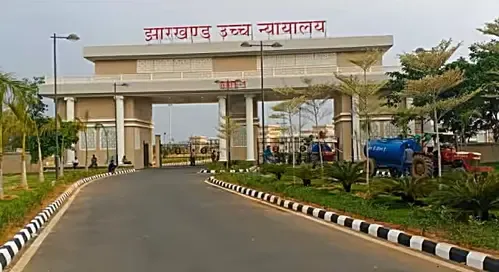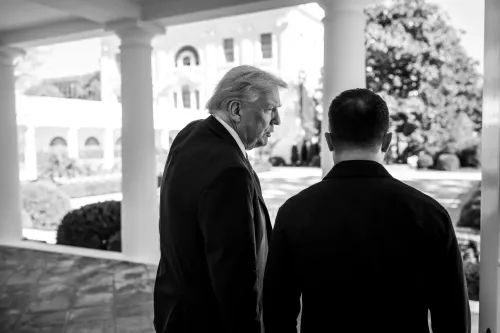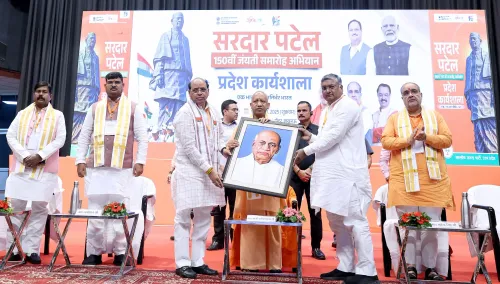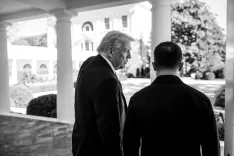Why is the Jharkhand HC Criticizing the Government Over Municipal Poll Delays?

Synopsis
Key Takeaways
- The Jharkhand High Court is demanding accountability from the state government regarding municipal elections.
- Chief Secretary and Principal Secretary were summoned to address the contempt of court.
- The next hearing is scheduled for September 10, with a timeline required for elections.
- The tenure of municipal bodies expired in April 2023, leaving governance in bureaucratic hands.
- OBC reservation discussions have stalled the election process.
Ranchi, Sep 2 (NationPress) The Jharkhand High Court has expressed its discontent with the state administration for not conducting municipal elections despite multiple directives.
On Tuesday, the court summoned the Chief Secretary and the Principal Secretary of the Urban Development Department, who appeared in person during the contempt proceedings.
A bench led by Justice Ananda Sen remarked that the government was “consistently ignoring” the court’s instructions and questioned the rationale behind not initiating contempt proceedings against the Chief Secretary.
The court has scheduled the next hearing for September 10 and has instructed the Chief Secretary to provide a definitive timeline for the elections.
During the session, the bench reminded the state that on January 4, 2024, it had explicitly ordered that municipal elections be concluded within three weeks following a petition from outgoing Ranchi Municipal Corporation councillor Roshni Khalkho. Unfortunately, this order has yet to be executed.
Advocate Vinod Singh, representing the petitioner, urged the court to enforce strict penalties for willful non-compliance.
Previously, the court had strongly condemned the government's conduct, stating that by ignoring judicial mandates, the administration was violating the “rule of law” and creating the impression that the “constitutional system has failed in the state.”
All municipal bodies in Jharkhand saw their tenures expire in April 2023. New elections were supposed to take place by April 27 of that year, but the process was halted as the state government sought to determine the percentage of OBC reservation in urban local bodies through a “triple test.”
Despite beginning this exercise nearly a year ago, it remains unfinished.
With no elected officials, the governance of municipal corporations, municipalities, municipal councils, and nagar panchayats has been delegated to government-appointed administrators for over two years, placing urban governance in the state entirely under bureaucratic oversight.









